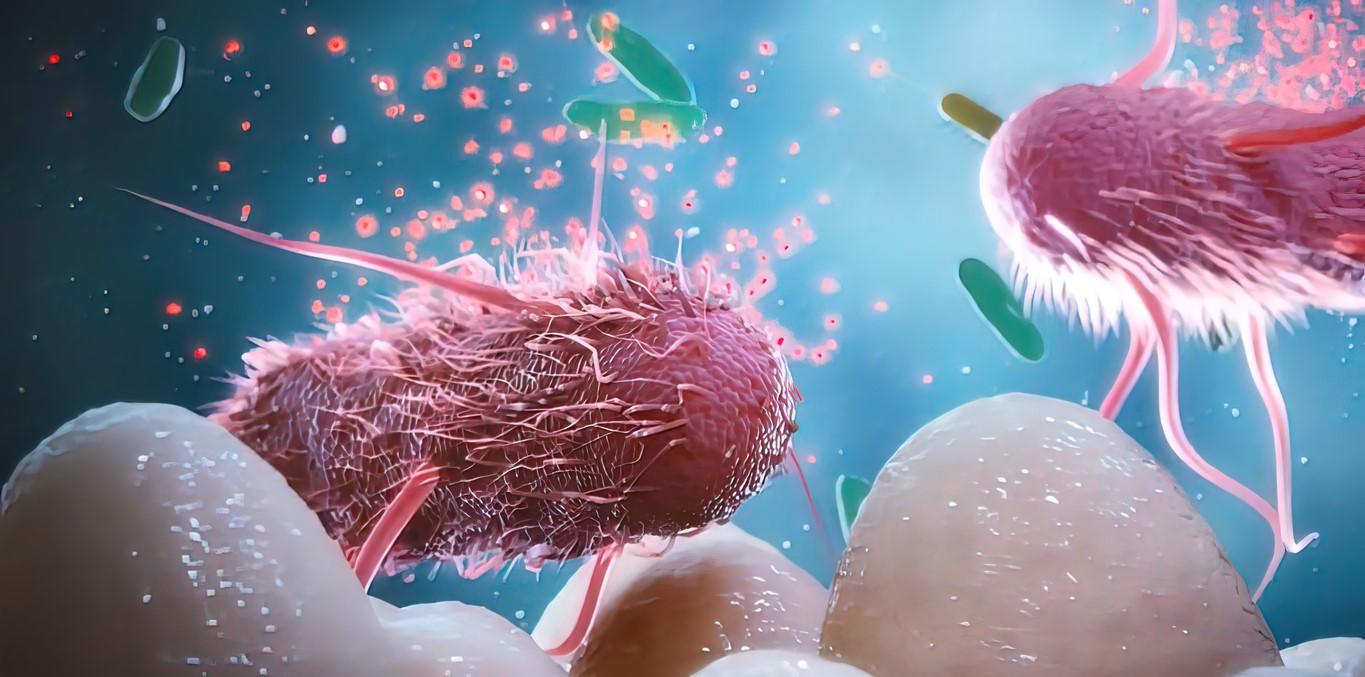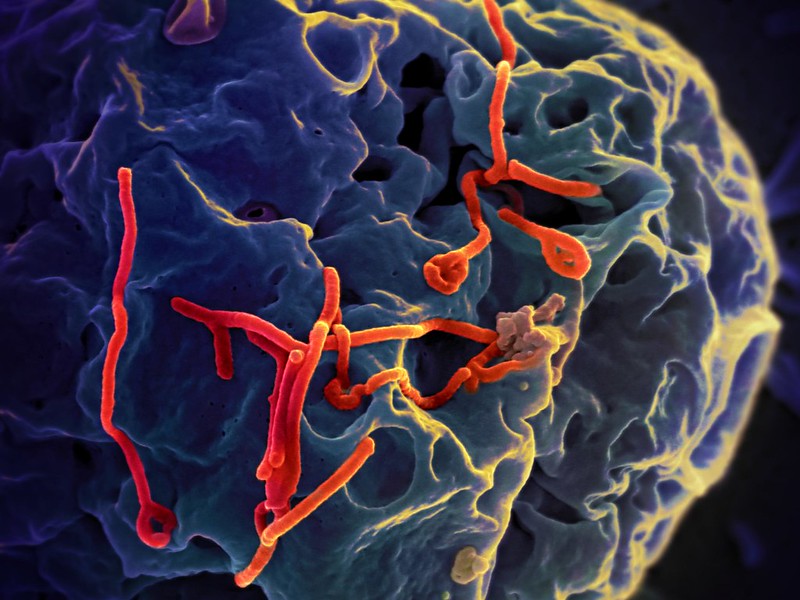
For the first time, chronic wasting disease (CWD) has been found on a Kaufman County, Texas, deer farm, the Texas Parks and Wildlife Department (TPWD) reported today.
Two white-tailed deer, a 20-month-old male and an 8-month-old female, tested positive for the fatal neurologic disease during required CWD surveillance. Kaufman County is in the northeastern part of the state, just outside of Dallas.
"Permitted deer breeding facilities must test all mortalities within the facility and conduct ante-mortem testing on any deer prior to movement from the facility, in compliance with surveillance and testing requirements," TPWD said in the news release. "This positive facility and its premises were placed under a quarantine by Texas Animal Health Commission (TAHC) to help prevent spread of disease from the facility."
Infectious prions can withstand heat, radiation, formaldehyde
The first case of CWD in Texas was identified in 2012 in free-ranging mule deer in the Hueco Mountains near the border with New Mexico. Since then, the disease has been detected in Texas captive and free-ranging cervids, including white-tailed deer, mule deer, red deer, and elk.
Permitted deer breeding facilities must test all mortalities within the facility and conduct ante-mortem testing on any deer prior to movement from the facility, in compliance with surveillance and testing requirements.
CWD is caused by infectious misfolded proteins called prions, which can spread from cervid to cervid through body fluids such as saliva, urine, and feces. Once excreted into the environment, prions can persist for years and withstand high levels of heat, radiation, and formaldehyde.
Since its first detection in a captive mule deer in 1967 in Colorado and a wild deer in 1981, CWD has been found in 36 US states, five Canadian provinces, Finland, Norway, South Korea, and Sweden.
















